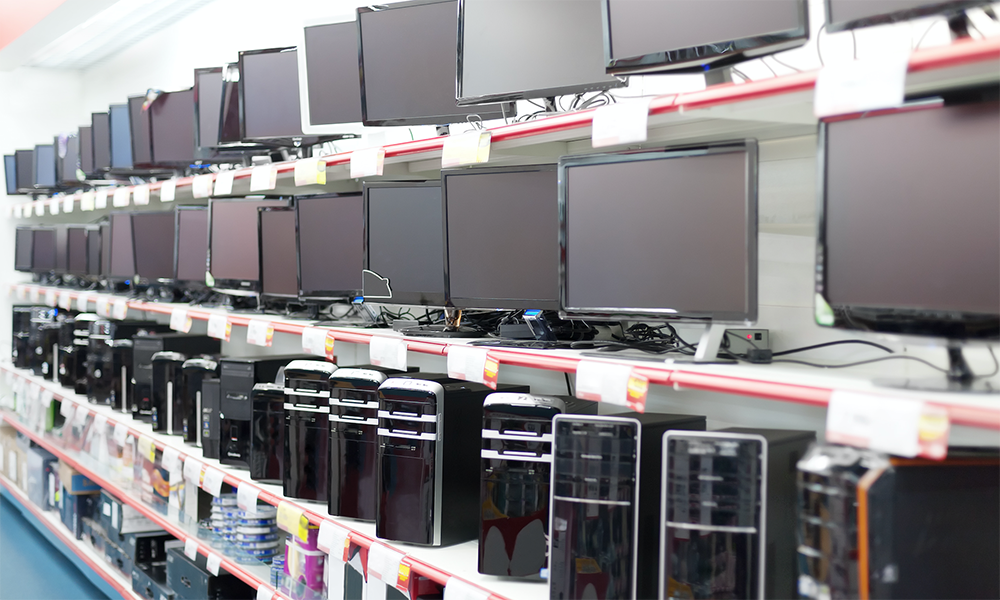France is set to ban producers and retailers from destroying unsold non-food items in what’s being called a “world first”, according to the prime minister, Edouard Philippe.
The proposed legislation will including clothes, electrical items, hygiene products and cosmetics, and will mean supermarkets, producers and other retailers will have to hand over the unsold products to charities or recycle them.
Some €650 million (£576m) worth of unsold non-food items are disposed of or destroyed every year in France, according to the prime minister’s office.
The planned legislation also includes proposals to produce a “repairability index” for products.
“We can avoid the scandalous waste of products and objects that are in perfectly good condition”
France already enacted a law banning supermarkets from destroying surplus foodand single-use plastic items such as straws, forks and knives as well as cotton buds, are due to be banned in the European Union by 2021.
In 2016, France became the first country to pass a law to ban plastic cups, cutlery and plates that are not made of biologically-sourced materials.
The plans are part of a “circular economy law” due to pass through parliament in July and would come into force by late 2021 or 2023 depending on the sector, the prime minister’s office said.
“We can avoid the scandalous waste of products and objects that are in perfectly good condition,” said Mr Philippe.
According to The Guardian, Philippe’s office said special arrangements were anticipated for the luxury sector, and products that are not usable after a certain date would have exceptions.


